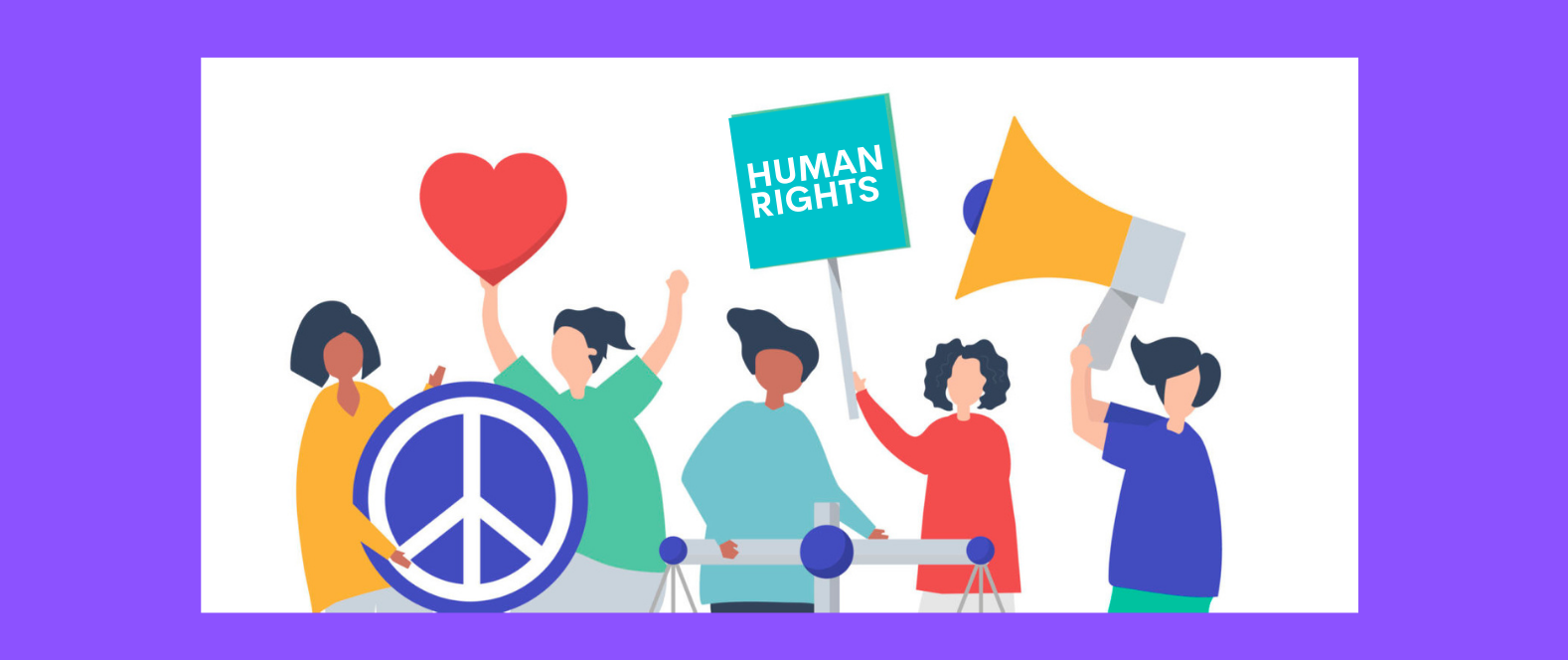 Let’s Get This Straight
Let’s Get This Straight
A phrase that defines what Lemonaid and Yuzu are working towards is creating a more equitable world. But what does the word equitable actually mean? Let’s get this straight.
The root word of equitable is equity, equity means being fair and impartial. It is a derivative of the world equal, which is what we’re pursuing – creating a world where everyone is treated equally and fairly while being given equal opportunities. However, there is a distinct nuance between being equal and being equitable that is very important to note.
In society, different people have different levels of privilege which make it easier or harder for them to be successful. For someone who grows up in a wealthy home with access to private school and university, getting a good job and having a nice life seems very possible. But for someone who grows up in poverty in a district where the schooling system is not very good and university is unaffordable, the chance of getting a good job and getting out of poverty to a better life is not as attainable. Treating both these individuals equally without accounting for their background ends up not being fair because their starting points are very different. This is where equity comes into play, when treating this situation with equity the child who is more disadvantaged would be given additional support to help them overcome those barriers and the playing field would be level so that both children have an equal shot at success.
Equity works by taking into account the situations that people come from, thus giving them the ability to overcome barriers and have an equal footing as others who are more privileged.
When we talk about creating a more equitable world we are talking about making things equal, but we are also talking about taking into consideration the advantages and disadvantages that individuals face. To us, being equitable is the only way to create equality.
Do you feel like this helped you understand this topic a little better?














